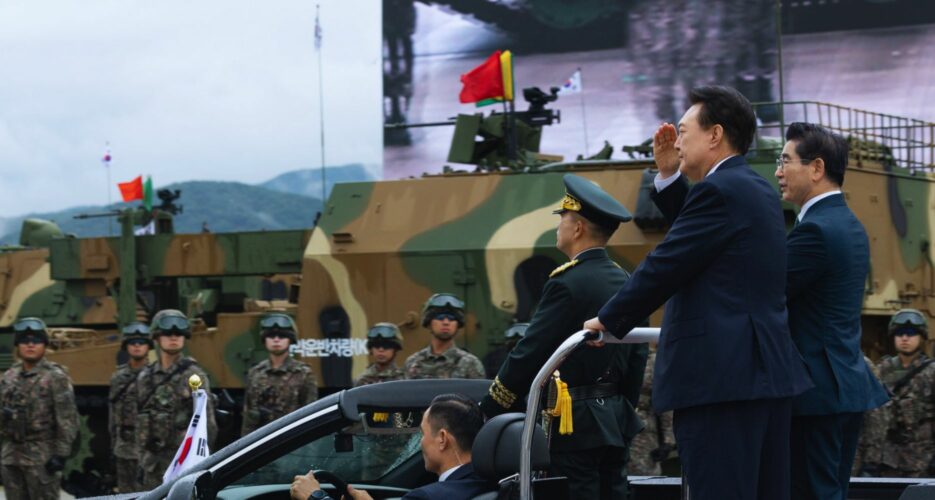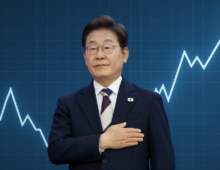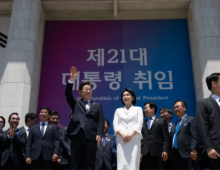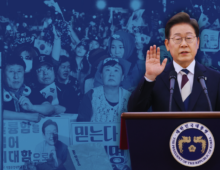Experts say systemic changes are needed to depoliticize leadership and strengthen civilian oversight
President Yoon Suk-yeol and then-Defense Minister Kim Yong-hyun inspects ROK military personnel, Oct. 1, 2024 | Image: ROK Presidential Office
President Yoon Suk-yeol’s martial law declaration has exposed systemic flaws in the country’s military, including factionalism, politicization and ineffective leadership, sparking calls for sweeping reforms to restore its neutrality and professionalism.
Yoon’s unprecedented decision to deploy armed troops to the National Assembly, which drew parallels to past military crackdowns, led to widespread public outrage and experts warn that without addressing these structural vulnerabilities, South Korea risks further erosion of public trust in its democratic institutions.
President Yoon Suk-yeol’s martial law declaration has exposed systemic flaws in the country’s military, including factionalism, politicization and ineffective leadership, sparking calls for sweeping reforms to restore its neutrality and professionalism.
Yoon’s unprecedented decision to deploy armed troops to the National Assembly, which drew parallels to past military crackdowns, led to widespread public outrage and experts warn that without addressing these structural vulnerabilities, South Korea risks further erosion of public trust in its democratic institutions.
Get your
KoreaPro
subscription today!
Unlock article access by becoming a KOREA PRO member today!
Unlock your access
to all our features.
Standard Annual plan includes:
-
Receive full archive access, full suite of newsletter products
-
Month in Review via email and the KOREA PRO website
-
Exclusive invites and priority access to member events
-
One year of access to NK News and NK News podcast
There are three plans available:
Lite, Standard and
Premium.
Explore which would be
the best one for you.
Explore membership options
© Korea Risk Group. All rights reserved.
No part of this content may be reproduced, distributed, or used for
commercial purposes without prior written permission from Korea Risk
Group.












